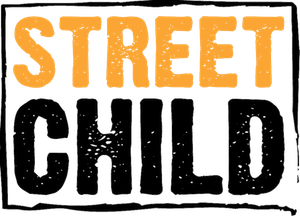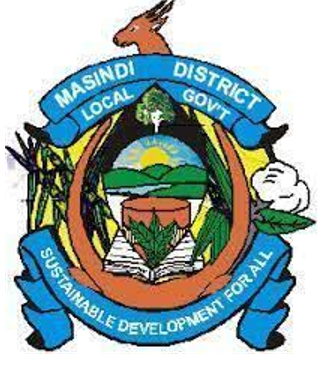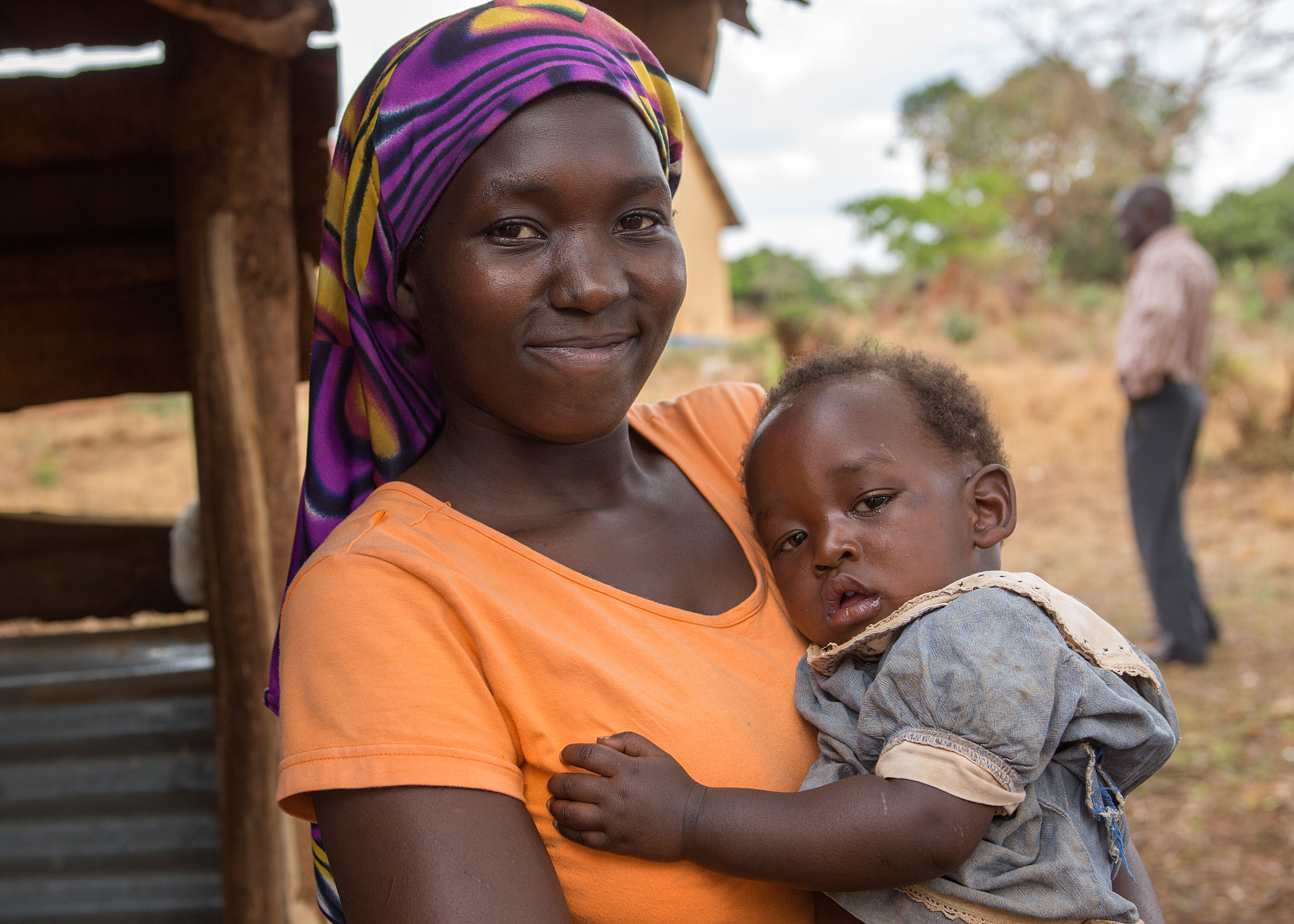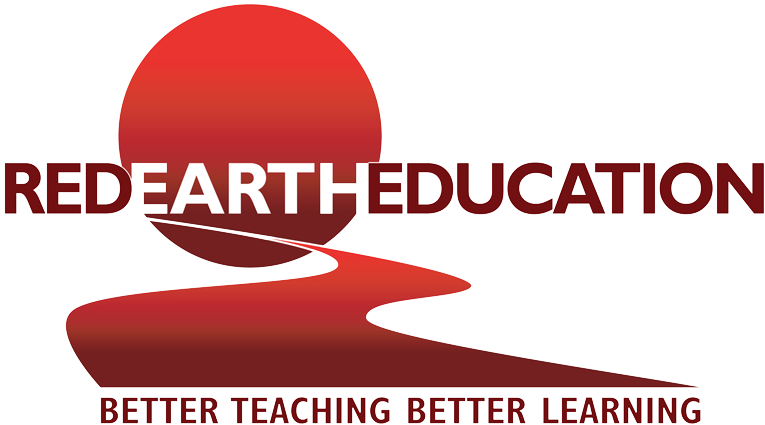Programme overview
Working with rural government schools to support the development of literacy through teacher training and community and parent involvement.
Piloted by Redearth Education in 2013 with Comic Relief funding, this phonics-based programme has been written, adjusted and adapted to the local, multilingual context. Training focuses on the teaching of pre-reading and early reading skills in the local language, and the transferring of these skills to the teaching of reading in English.
Communities have been engaged in promoting and supporting literacy through regular, very popular broadcasts through local radio stations of interactive sessions for adults and children, including phonemic awareness, stories and songs.
Programme at a glance
Impact
129 schools reached.
65,000 children in total (15,000 currently engaged).
516 teachers in total (124 currently engaged).
Launched
2013
Status
Active - seeking funding
Funders

Delivery partners


Opening books leads to open doors far beyond the classroom
Literacy development is a vital part of every child’s overall development. It is the very foundation of the reading and writing skills required for children to successfully progress through school. Yet it is also central to socialising with others, solving problems, making decisions and developing independent thought.
Books are some of the first tools children have to help them understand the world around them and their own place within it. What they find there can go on to shape their imagination, fuelling the innovation, energy and big-picture thinking needed to tackle the global issues we all face and improve the living standards of communities around the world.
Literacy doesn't just open books - it opens doors to self knowledge and positive self-esteem, employment and social and economic advancement.
Phonics-based
Creating a safe, nurturing environment and cultivating a genuine interest in learning.
Multi-lingual context
Preventing and addressing challenging classroom behaviours in ways that support and encourage.
Community and parent buy-in
Engaging and exciting all children in the topic they’re learning about.
Phonics-based literacy training
The Redearth approach to teaching young children to read is built upon phonics-based methodologies. This involves teaching children to hear and identify the sound of each letter, rather than simply learn letter names or words.
By learning letter sounds, children are able to better understand how each letter sounds when combined in different ways - to make different syllables or words.
Watch Redearth Education Field Officer Chris practice phonics recognition with pupils at Kitonozi Primary School. Using an interactive "bottle-line," teachers guide children in how to blend different sounds together to eventually form entire words.

Multi-lingual context
Many developing countries have multi-lingual societies with dozens of languages spoken. These are local ‘area languages,’ such as Runyoro spoken in Masindi, Uganda. Many schools are multi lingual with a variety of mother tongues being spoken by the pupils. These can include the different languages spoken by refugee children from places such as South Sudan and the Democratic Republic of Congo, for example. Some children speak a language not spoken by their teacher.
Teaching reading using a phonics approach, in the local "area language", enables practitioners to navigate these challenges. It allows P1 and P2 learners to become fluent local language users.
They are then able to effectively transition and adapt their skills to English in P3, P4 and beyond, increasing their chances of continuing into secondary education.

Community and parent buy-in
The support, appreciation and value at home of children’s school achievements is enhanced by developing community engagement with the important skill of reading, as well as improving the parent's own literacy skills.
Redearth Field Officers work alongside the school communities to support, encourage and motivate parents to improve their literacy; they teach them to read their own language where necessary and to show them ways in which they can support their children in learning to read. They are also taught how to make reading resources from low cost-no cost re-usable and recyclable materials found locally in order to support the schools in the teaching of reading.

